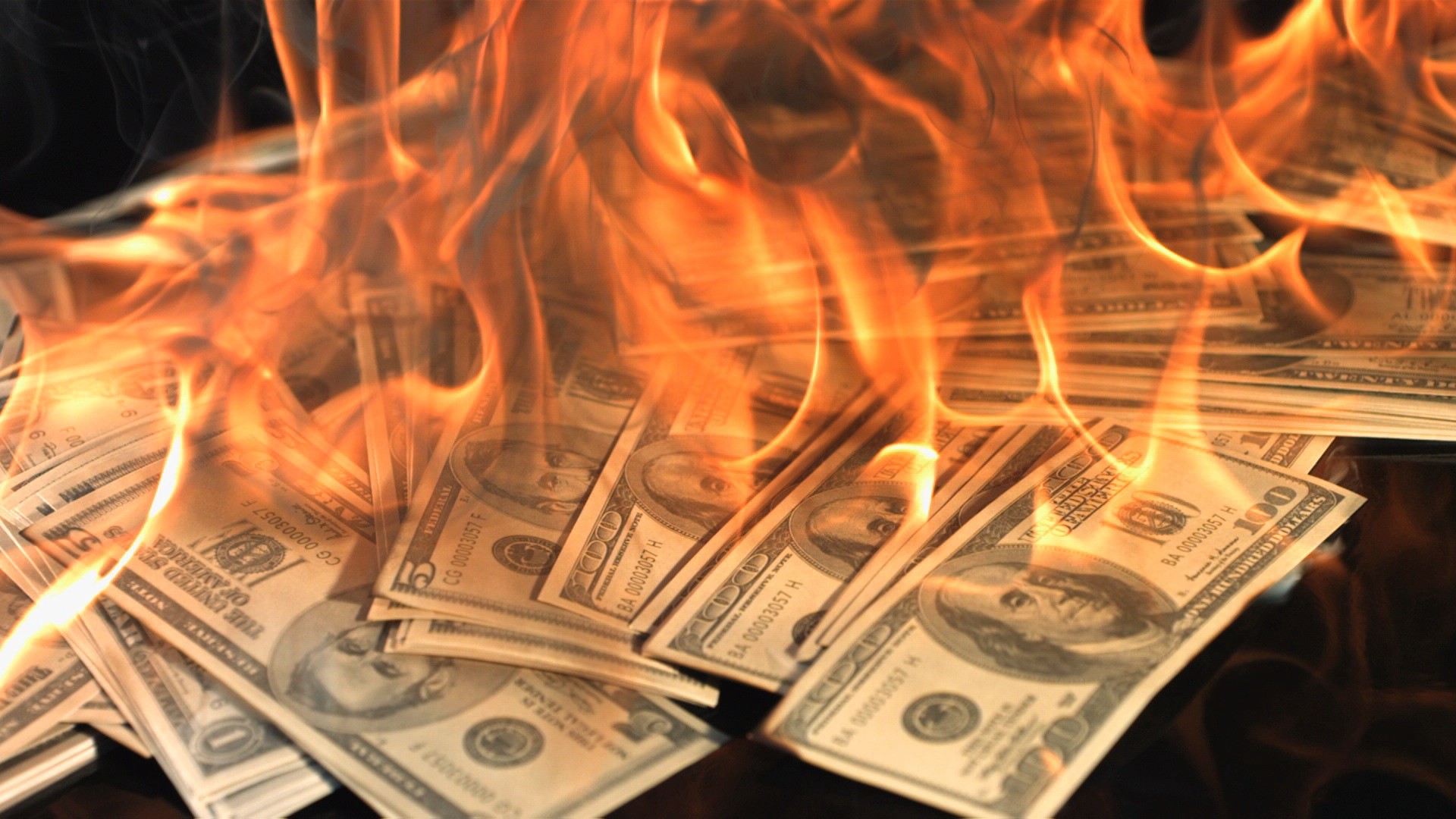
Plague Journal, Money & Truth
The love of money as a possession—-
as distinguished from the love of money
as a means to enjoyments and realities of life —
will be recognized for what it is, a somewhat disgusting morbidity,
one of those semi-criminal, semi-pathological propensities
which one hands over with a shudder to the specialists in mental disease.
All kinds of social customs and economic practices,
affecting the distribution of wealth and of economic rewards and penalties,
which we now maintain at all costs,
however distasteful and unjust they may be in themselves,
because they are tremendously useful in promoting the accumulation of capital, we shall then be free, at last, to discard.
— John Maynard Keynes
 What happens on the other side of truth,
What happens on the other side of truth,
not in what would be false, but in what is more true than the true,
more real than the real?
Bizarre effects certainly, and sacrileges,
much more destructive of the order of truth
than its pure negation.
— Excerpt Simulacra and Simulation by Jean Baudrillard p. 108
Two quotations from yesterday. The first I came upon in the opinion section of the New York Times. The NYT is hands down, the paradigm newspaper of our time. The quality of the writing, the precision of story telling is unmatched. That is an obvious statement of subjective enthusiasm by a satisfied subscriber, not a credentialed critic.
The first quote by Keynes is an accurate statement of the ethical link to open ended wealth accumulation. Put differently, the moral hazard of being unable/unwilling to say “enough.” Private wealth always comes at the expense of public welfare. John Maynard Keynes never the less stoops to learned nonsense by his concluding observation that humankind will learn how destructive the proclivity for accumulation of unlimited private wealth in fact is, and will decide to do otherwise. This has never happened as history bears witness. Humankind is incapable of recognizing this mental dis-ease. Society is now shriven with injustice.
John Maynard Keynes was one of the most influential economists of the 20th century.
The second quote by Jean Baudrillard came as a reminder of the incessant lying by our President. His lying is not tactical within a context of agreed upon truth. His words assail the context as well, in an attempt to create tout court an alternate reality, something more real than real. His words are uttered with no intention of having a referent that I would recognize. Those in the public, who like me, are not counted among his supporters, are savagely attacked if disagreement with his interpretation is intimated. This antipathy is displayed often at White House press conferences when a reporter is belittled, attempted shaming for asking a “mean question.” The other side of truth. Indeed.